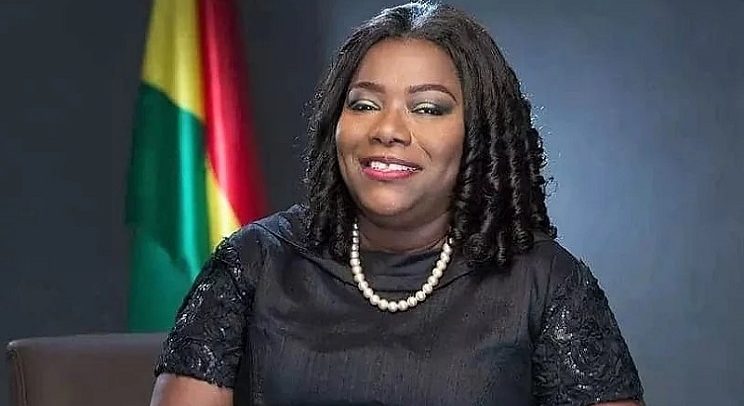Nana Oye Bampoe Addo
Nana Oye Bampoe Addo, former Minister of Gender, Children and Social Protection, has observed that although female genital mutilation/cutting remains an issue in East and West Africa, the practice otherwise called FGM amongst children aged 0 to 14 years has decreased from 71.4 percent in 1995, to single digit 8 percent in 2016.
In West Africa, the rate declined from 73.6% in 1996 to 25.4 % in 2017.
On abortion however, she said that even though Africa had the most progressive legal provision on the subject in article 14 of the Additional Protocol to the African Charter on Human and People’s Rights ‘the Maputo Protocol’, the procedure can be provided legally upon request with no justification requirement in only four countries in Africa.
Consequently, she said, “most of the abortions done in countries where it is illegal were unsafe. According to the 2021 Africa Gender Score Card, between 2015 and 2019, there were 8.0 million abortions by women aged 15 to 49 years.”
Nana Oye mentioned that African states had advanced in sexual and reproductive healthcare, because the states have over the decades built a strong robust legal and policy framework, globally, regionally and nationally to realise, fulfil and address sexual and reproductive health.
The United Nations Convention on the Elimination of All Forms of Discrimination Against Women, and the Programme of Action adopted at the International Conference on Population and Development in 1994, the Cairo Declaration, the Maputo Protocol, the Solemn Declaration on Gender Equality, the Continental Framework for Sexual and Reproductive Health and Rights were key legal and policy documents, she recalled.
The human rights lawyer presented a scorecard for sexual and reproductive health in Africa, saying, “my scorecard for Africa on sexual and reproductive health is that; yes, we lag behind the rest of the world, yes, we have made some progress, yes, there is more work ahead, yes, we know what needs to be done, yes, not enough has been done, and yes, let’s do it together for women and youth of Africa.”
She disclosed these on February 29, 2024 while delivering a keynote address at the 11th Africa Conference on Sexual and Reproductive Health Rights held in Rabat, Morocco.
Speaking on ‘Advancing the Sexual and Reproductive Health and Rights of Women and Young People in Africa,’ Nana Oye said “over the last three decades, sexual and reproductive health and rights of women and young persons had advanced in Africa, albeit slowly, adding, “Africa was lagging behind the rest of the world in terms of the reproductive health indicators, but had made some progress.”
According to her, maternal mortality has declined from 857 maternal deaths per 1,000 live births in 2000 to 525 deaths per 1,000 live births in 2017.
“The contraceptive prevalence rate for use of modern methods among married women in Africa had more than doubled and increased from 14.7 percent in 2000 to 27.9 in 2019,” she said.
BY A.R. Gomda


